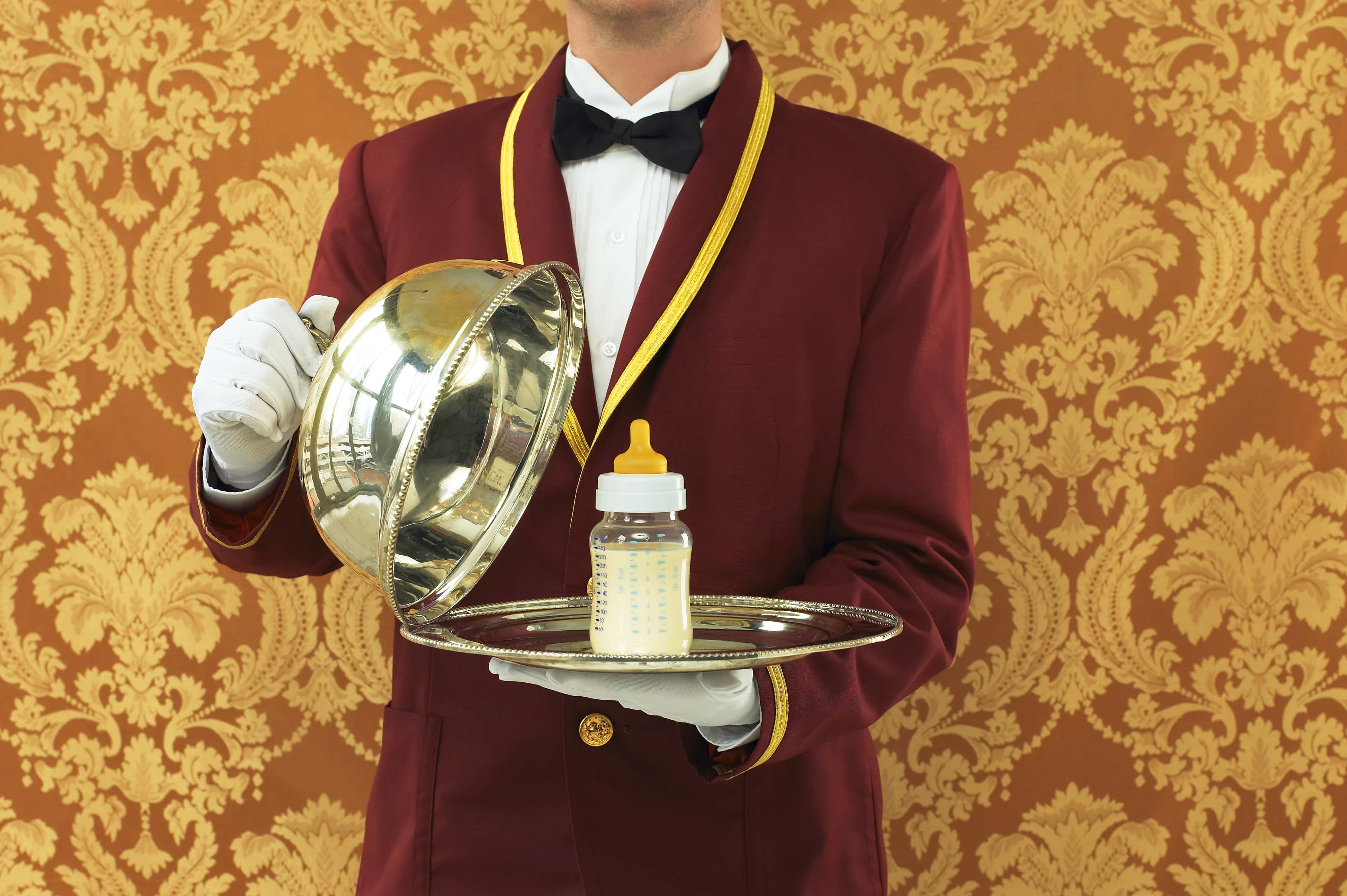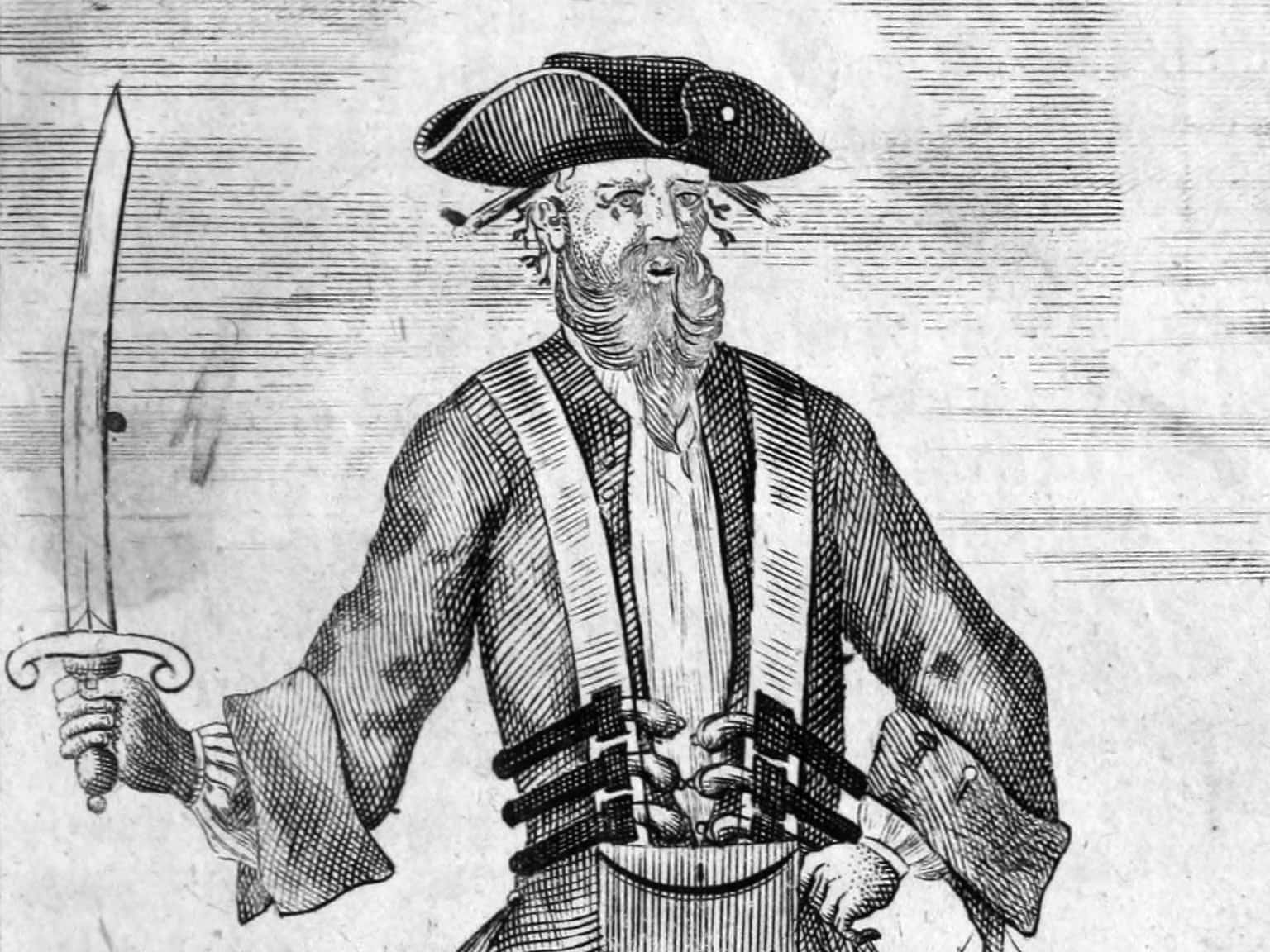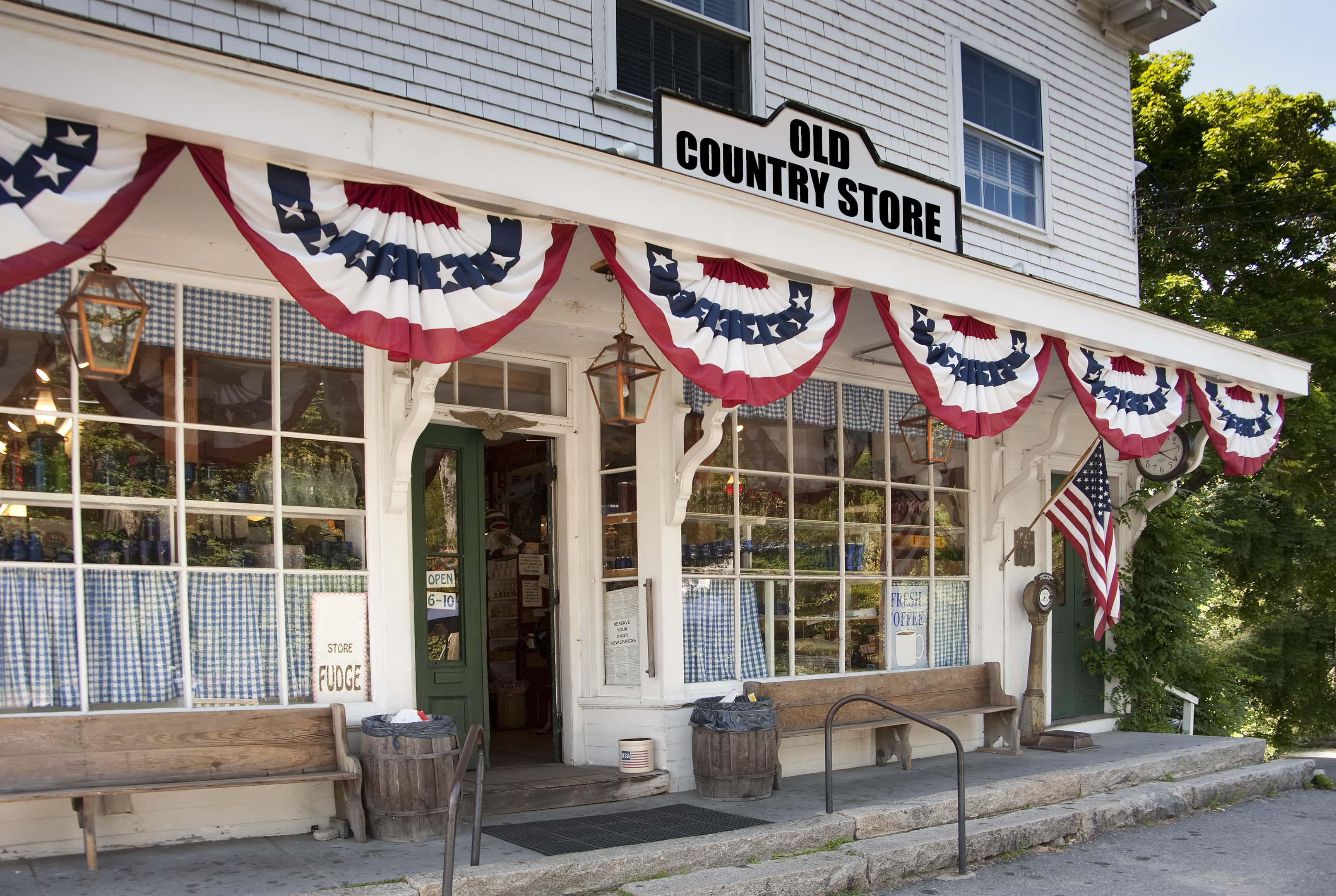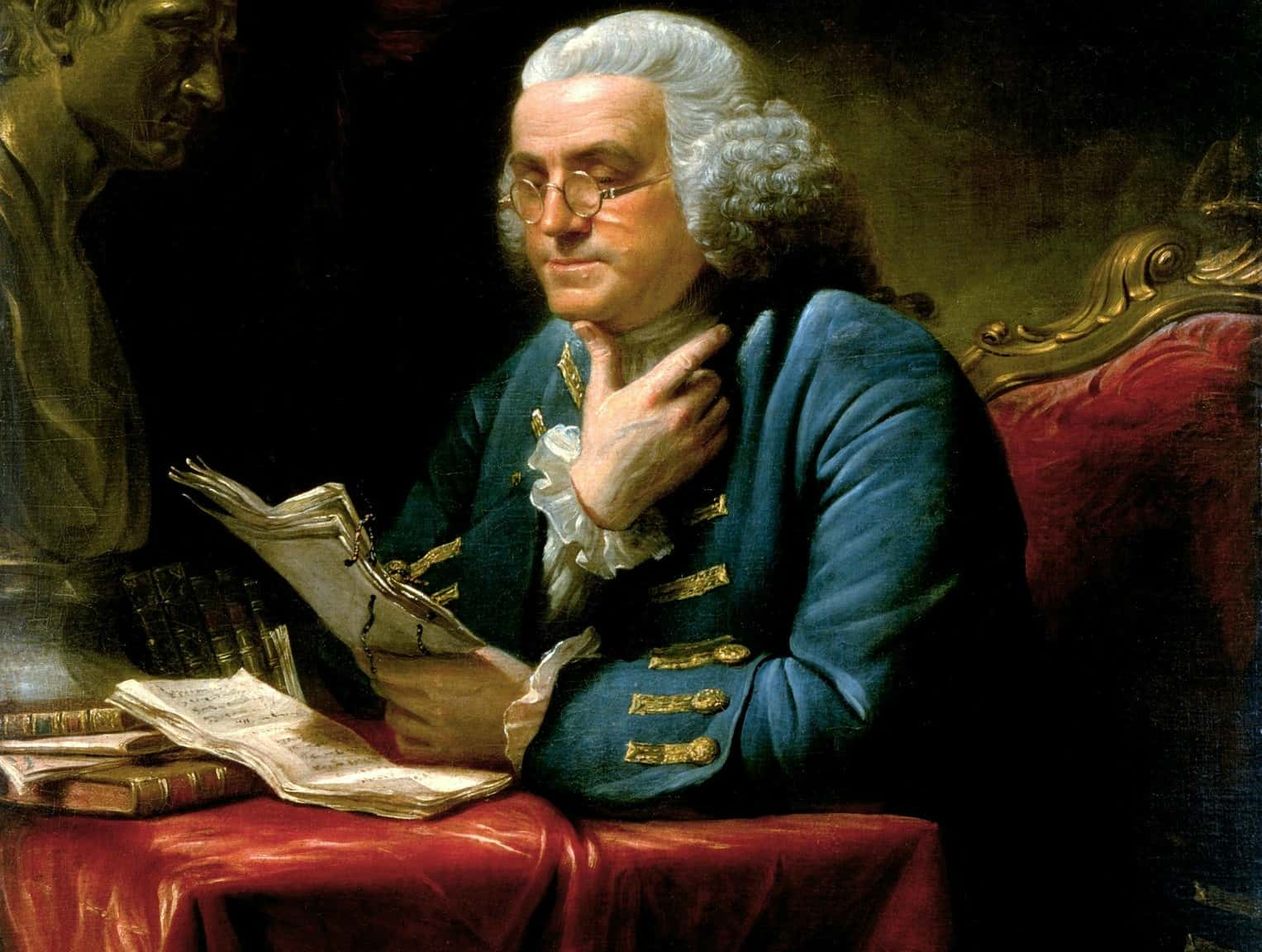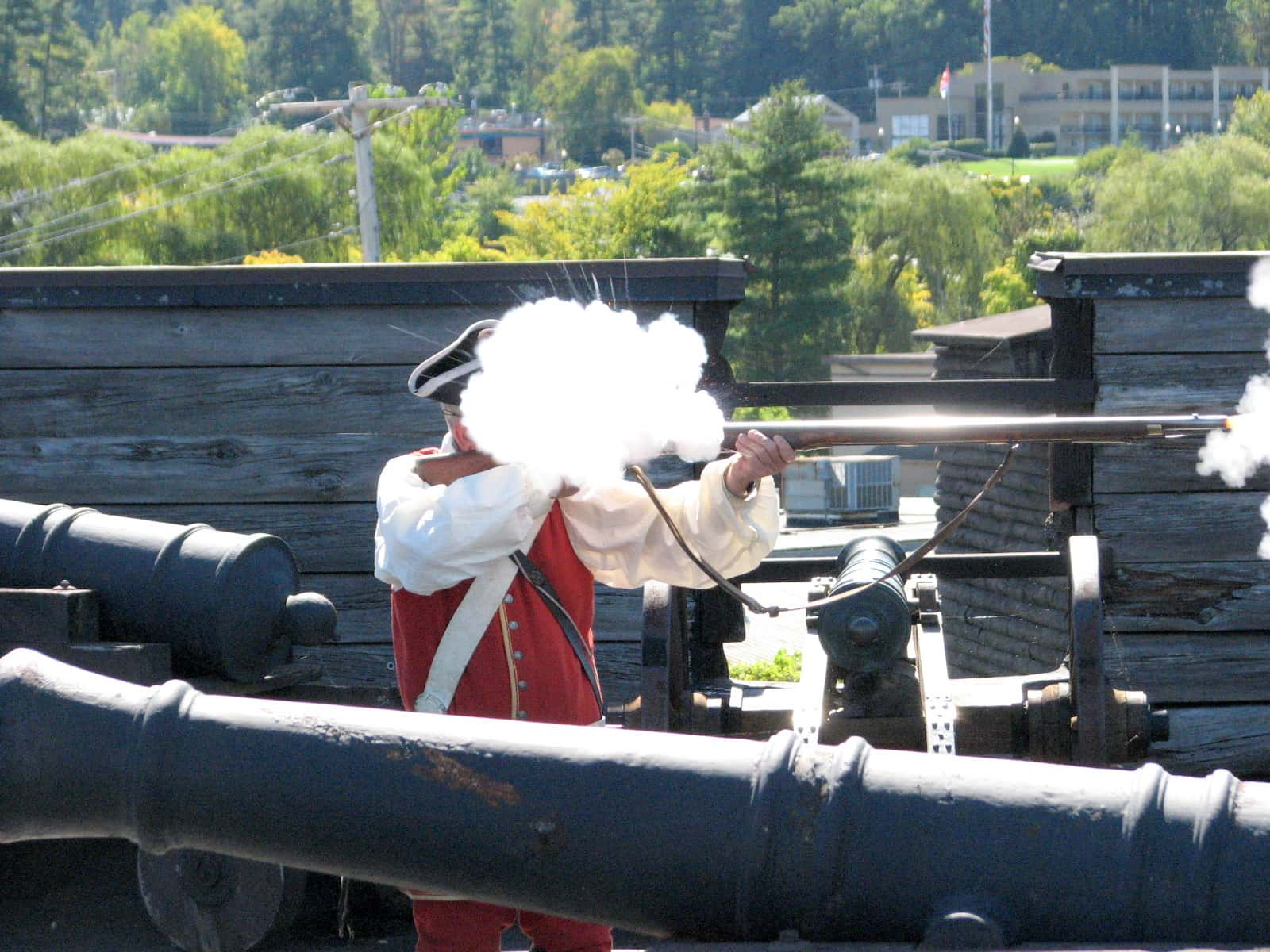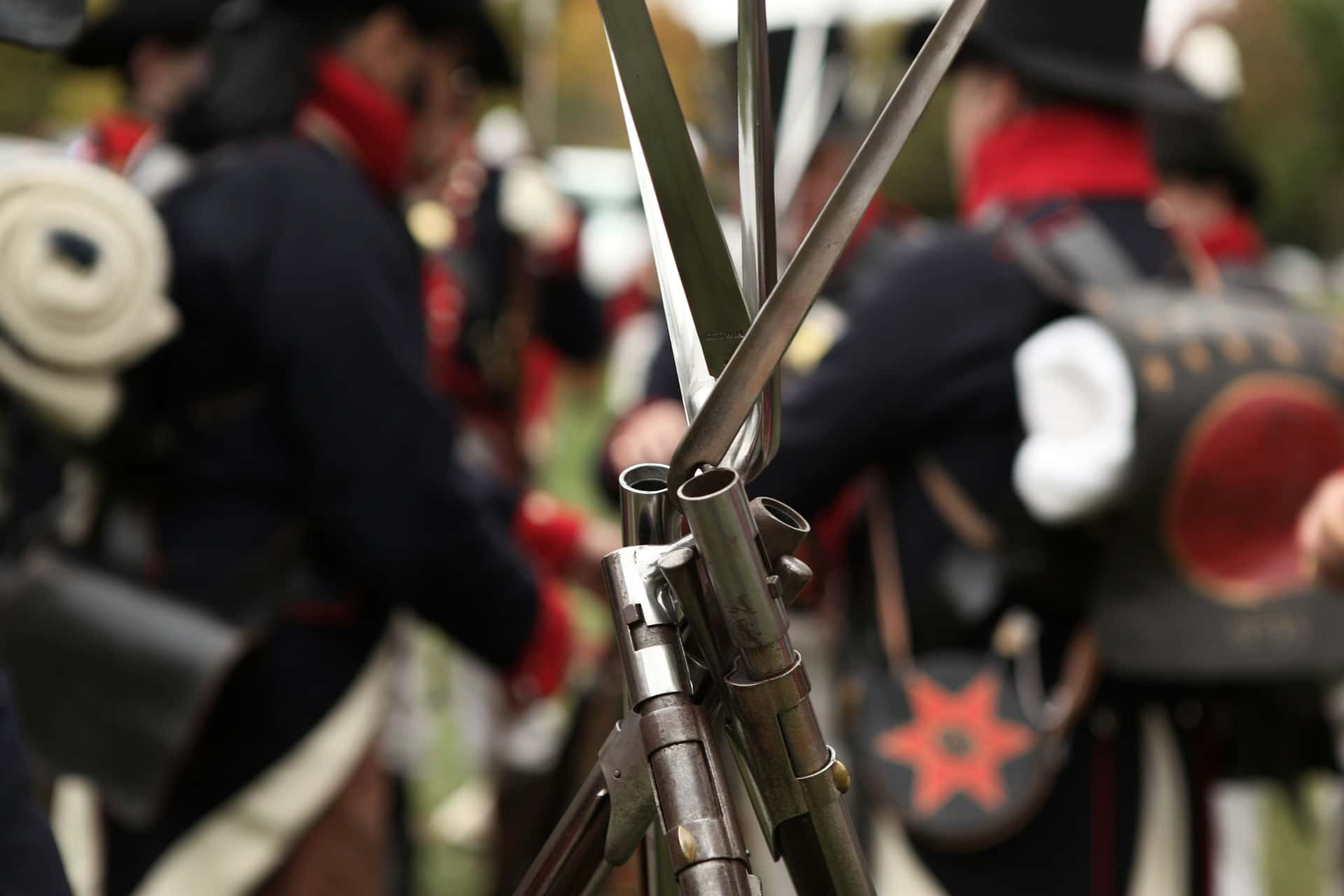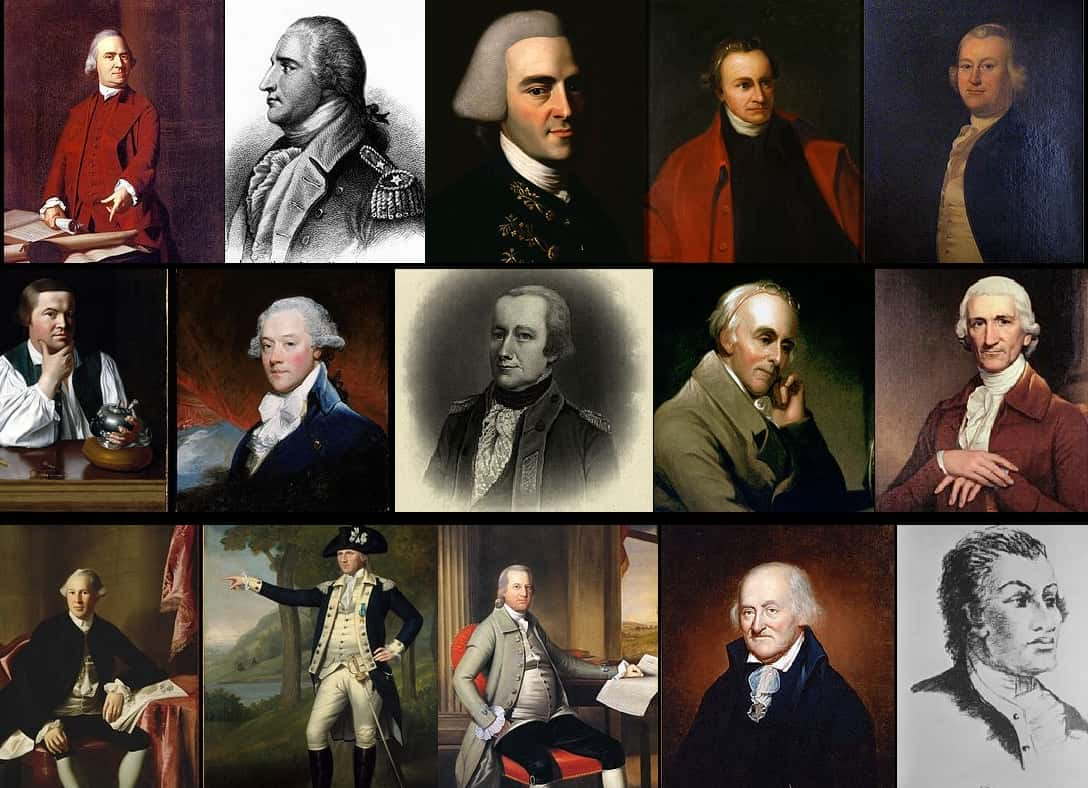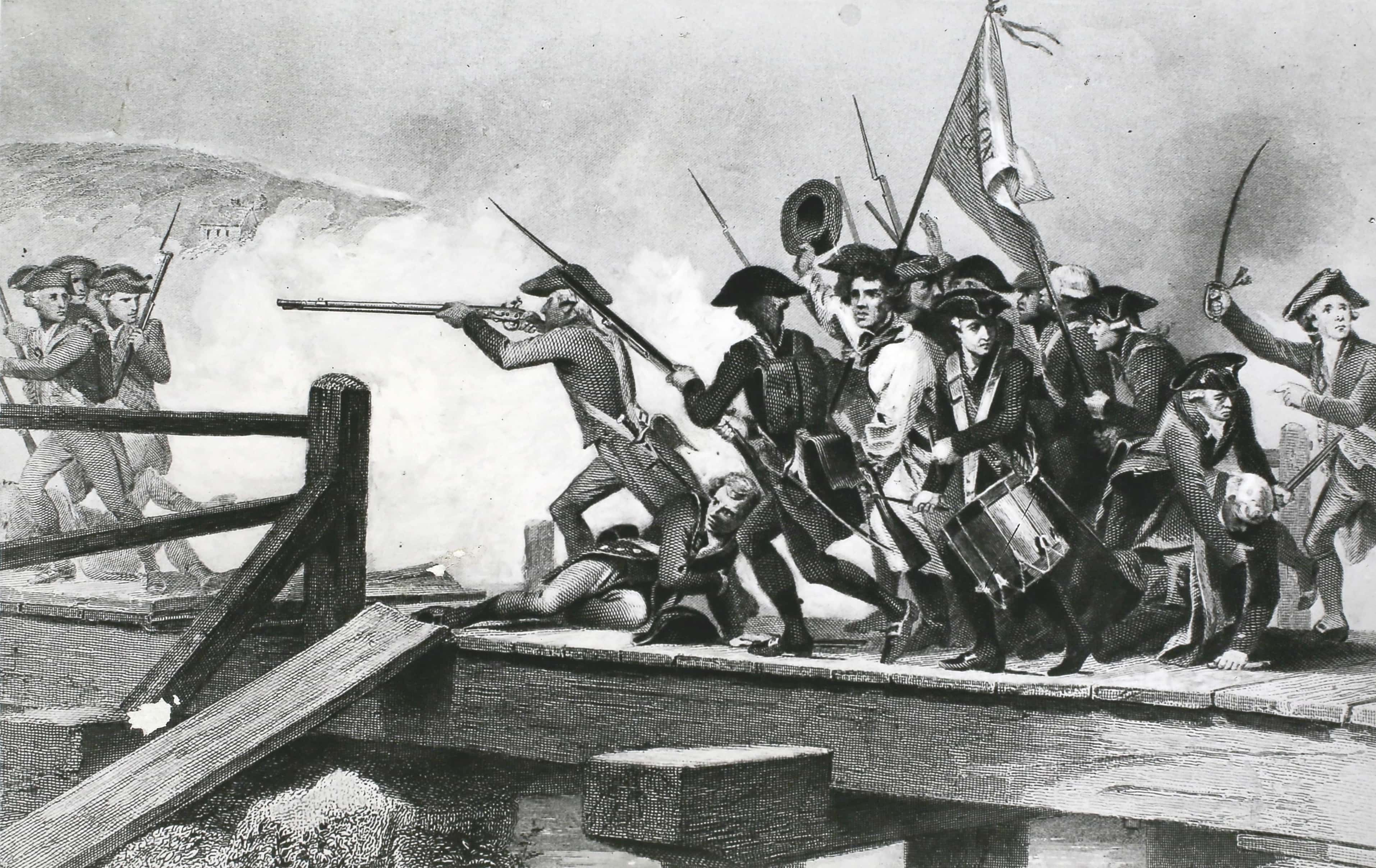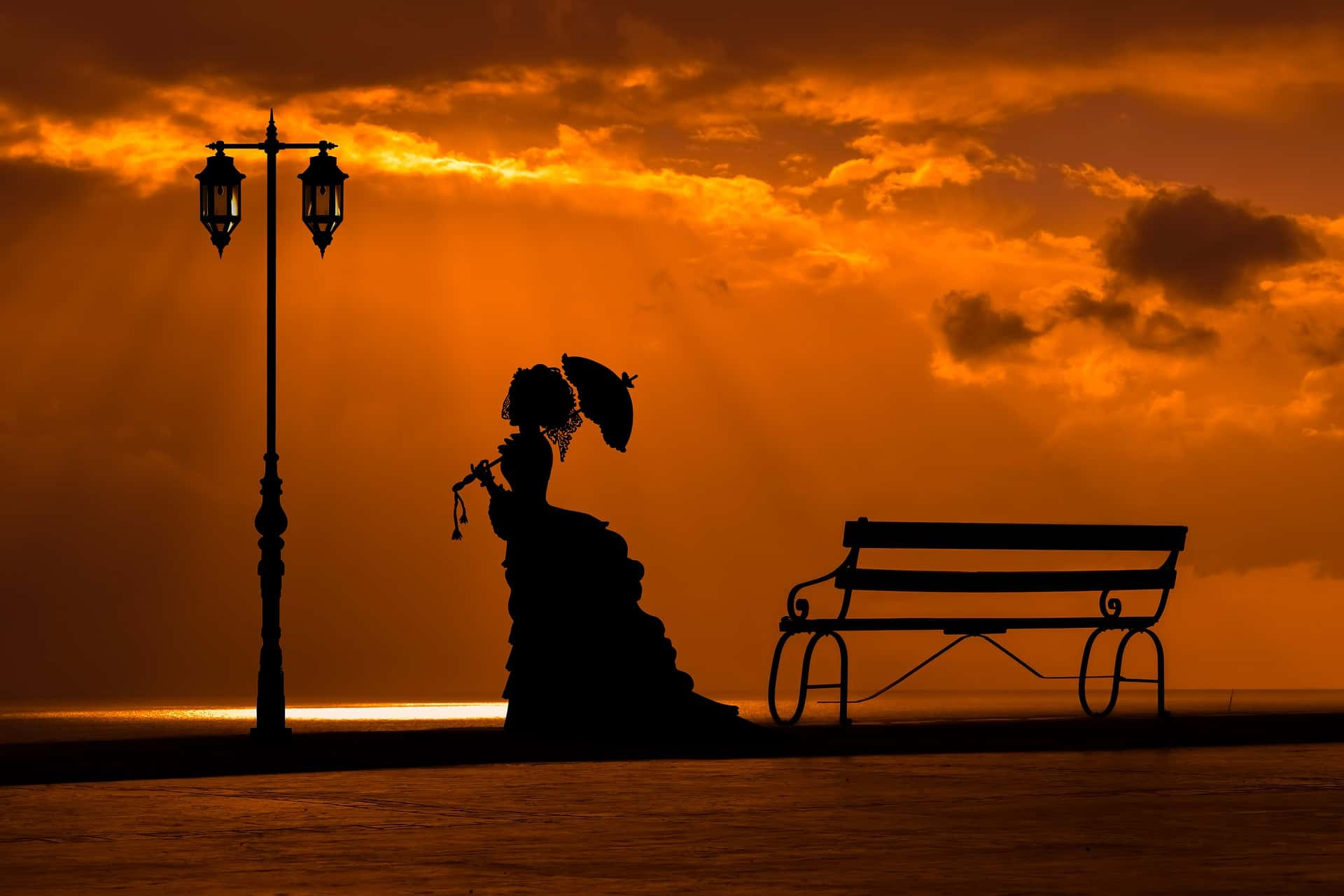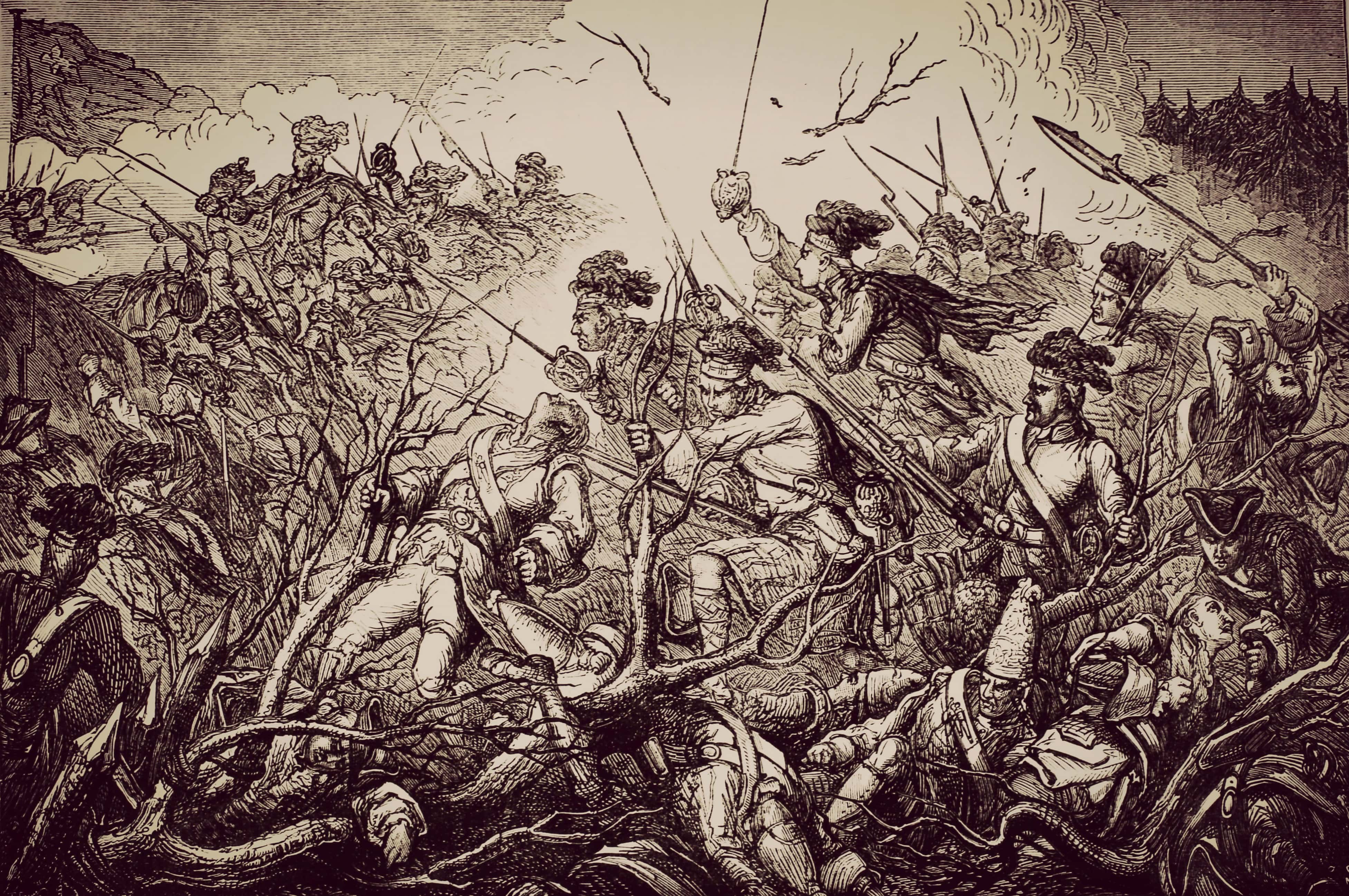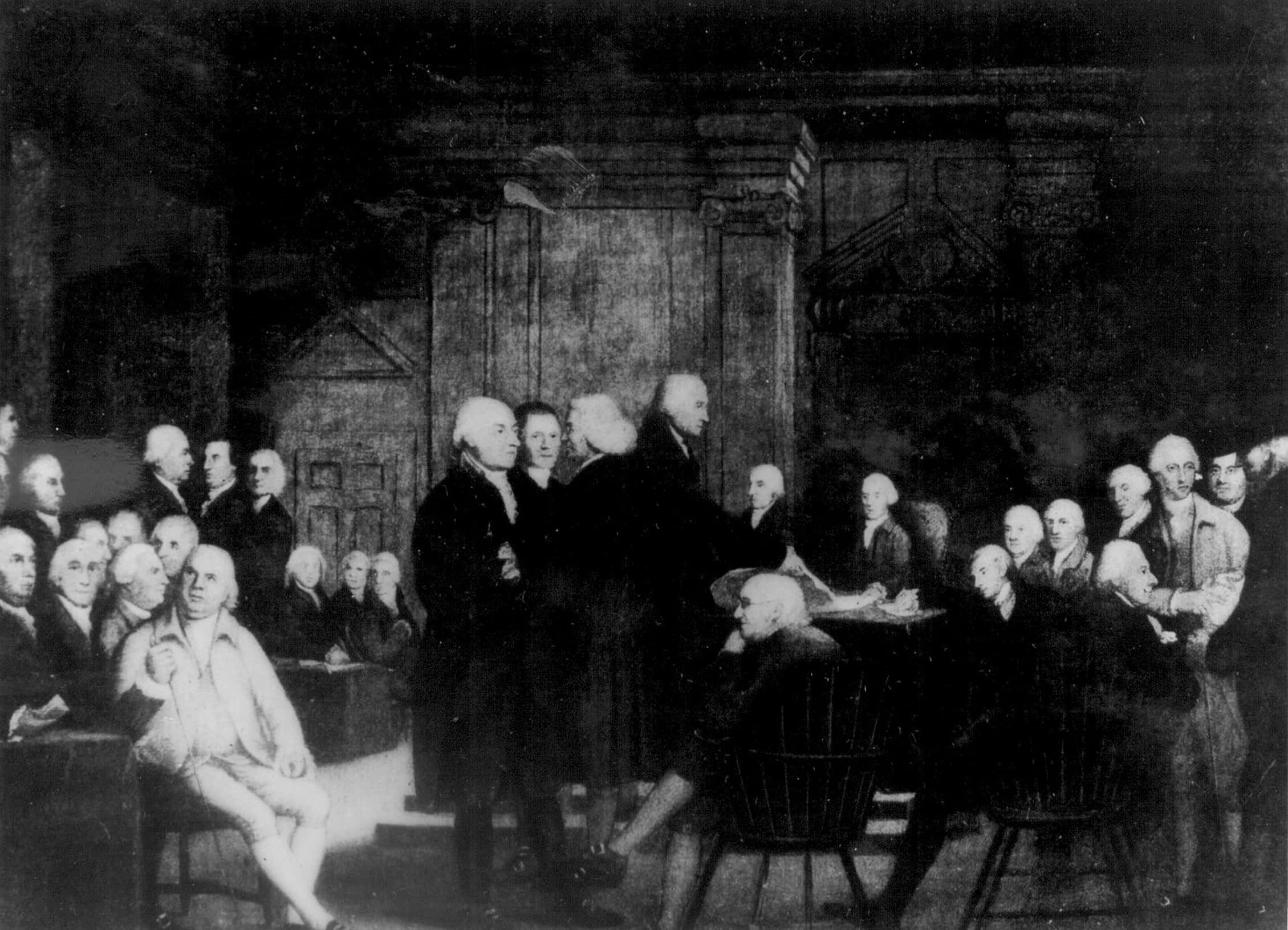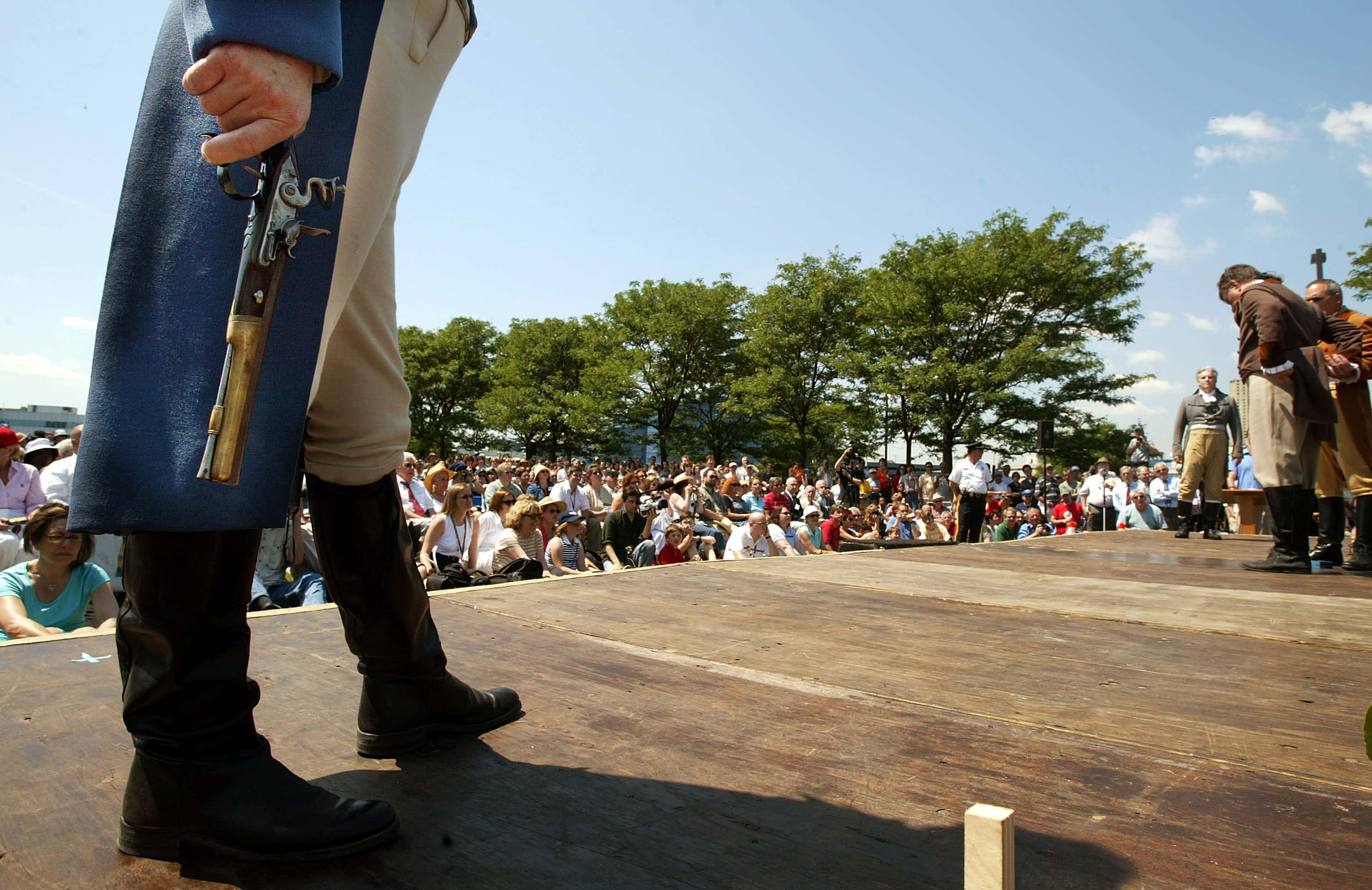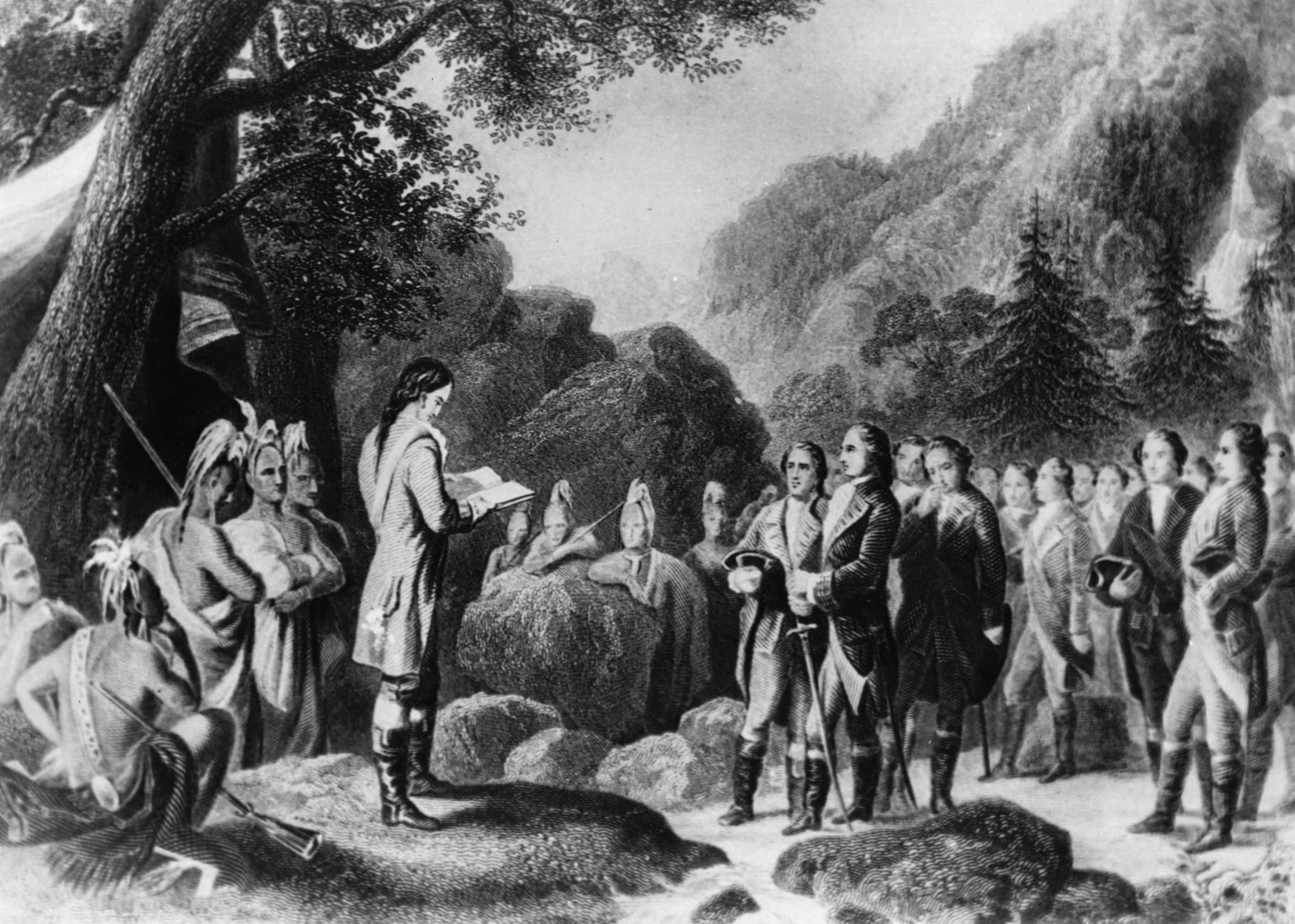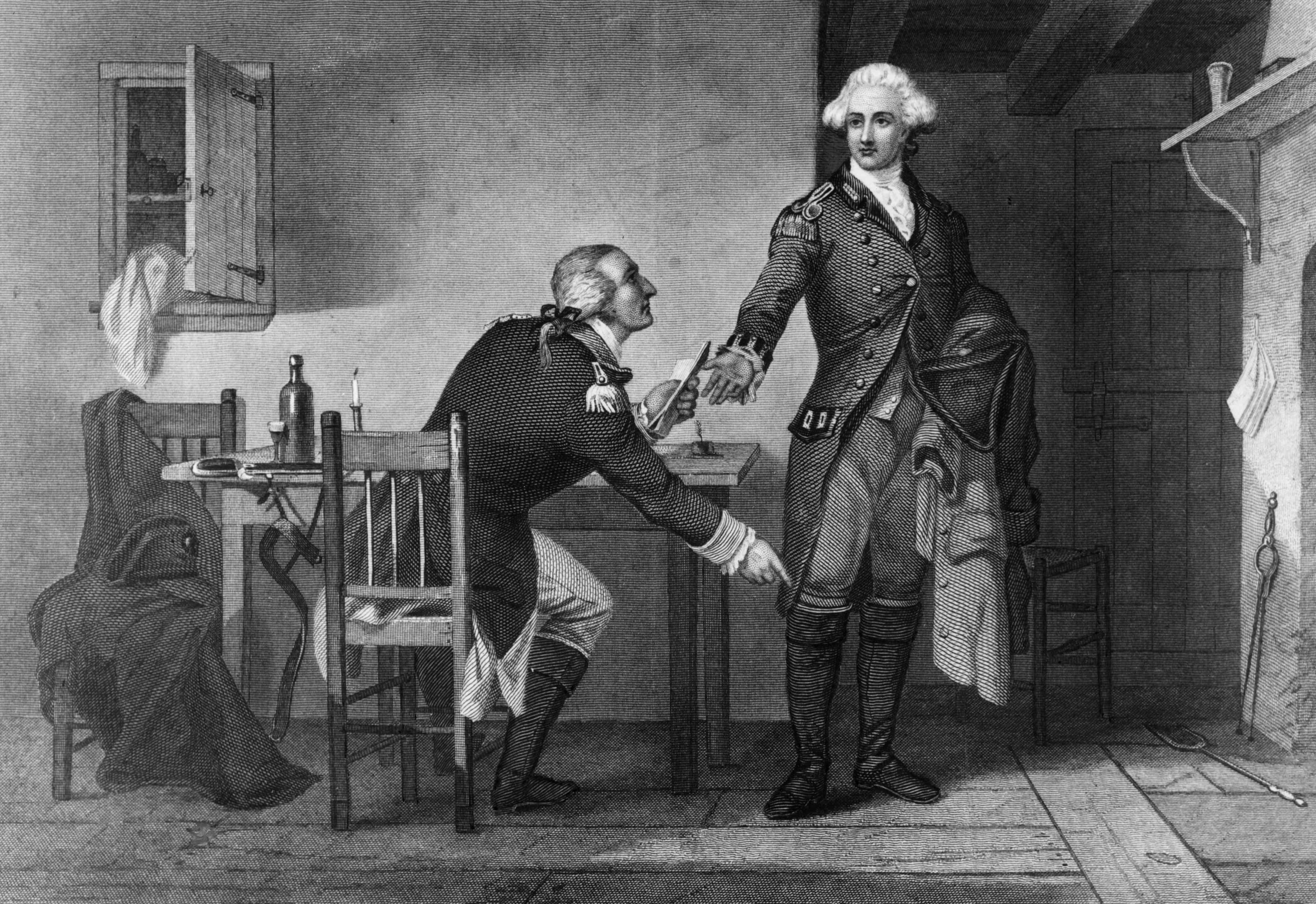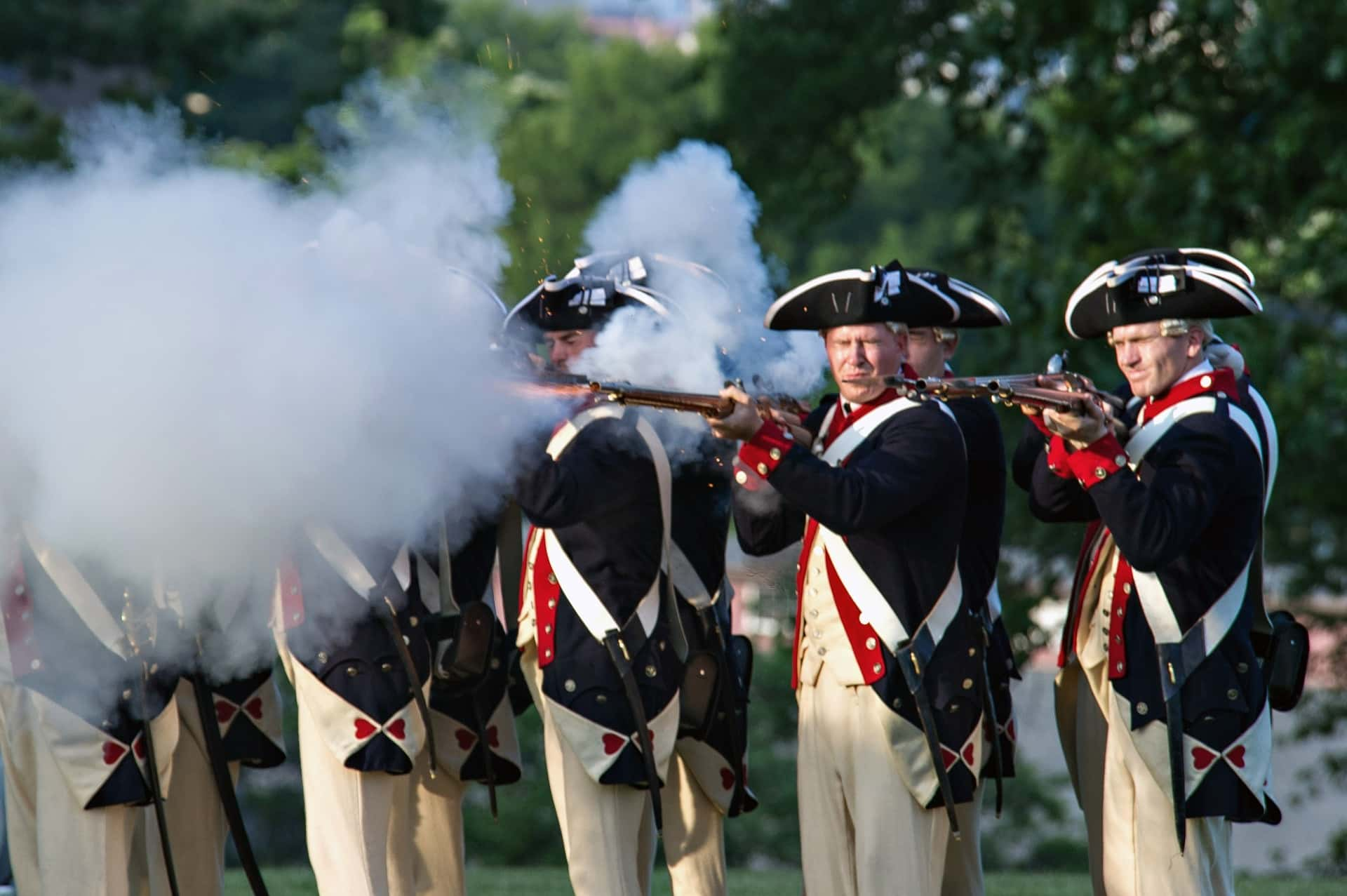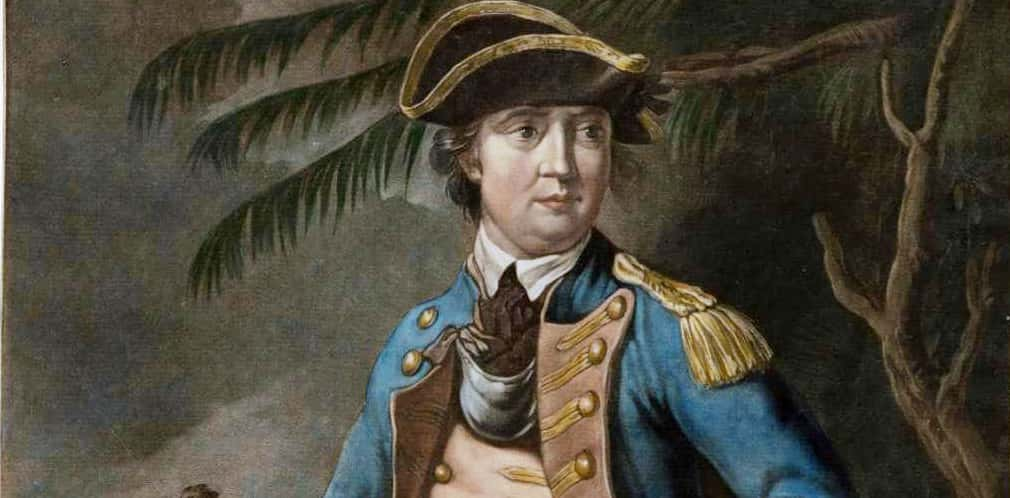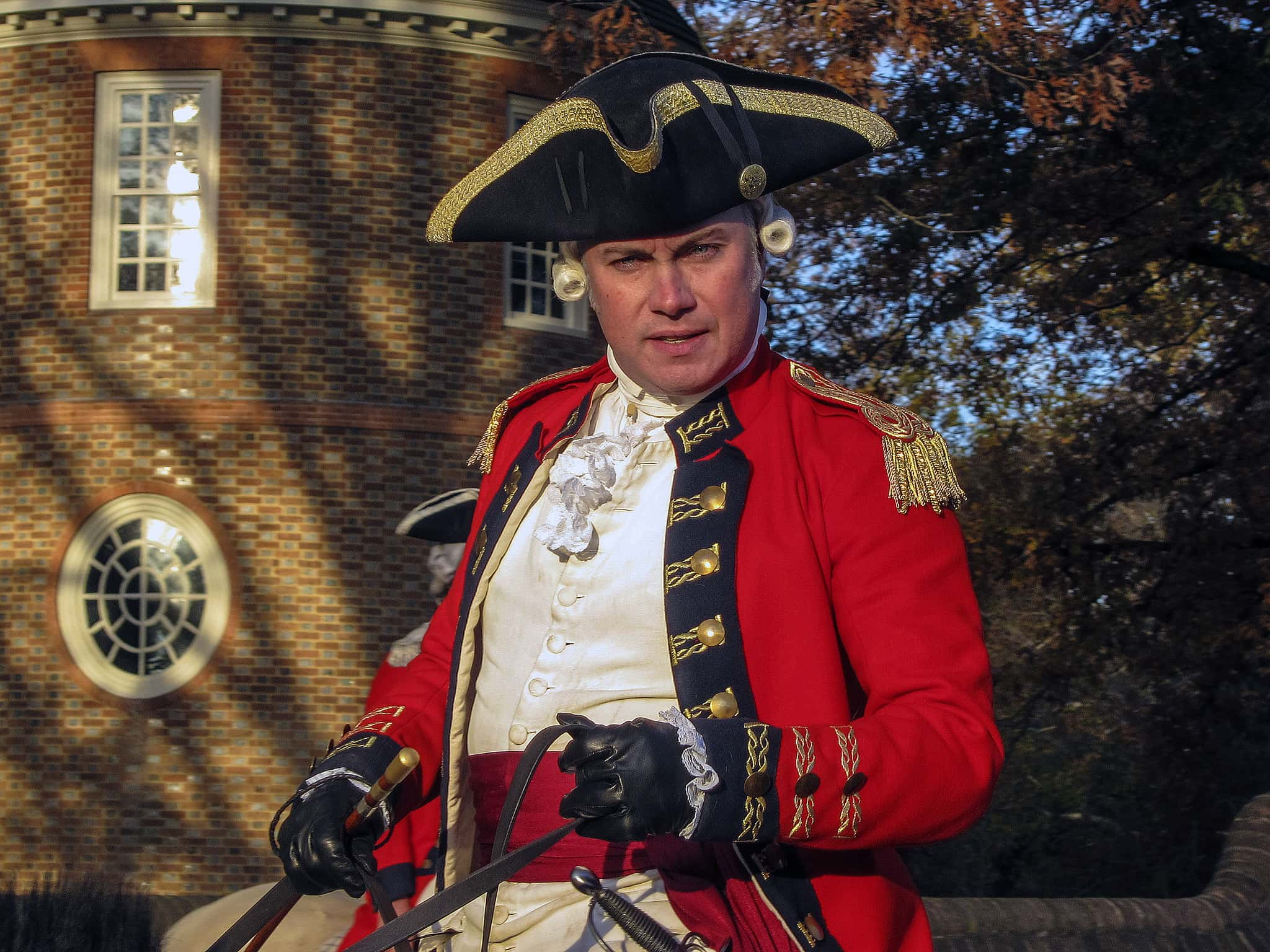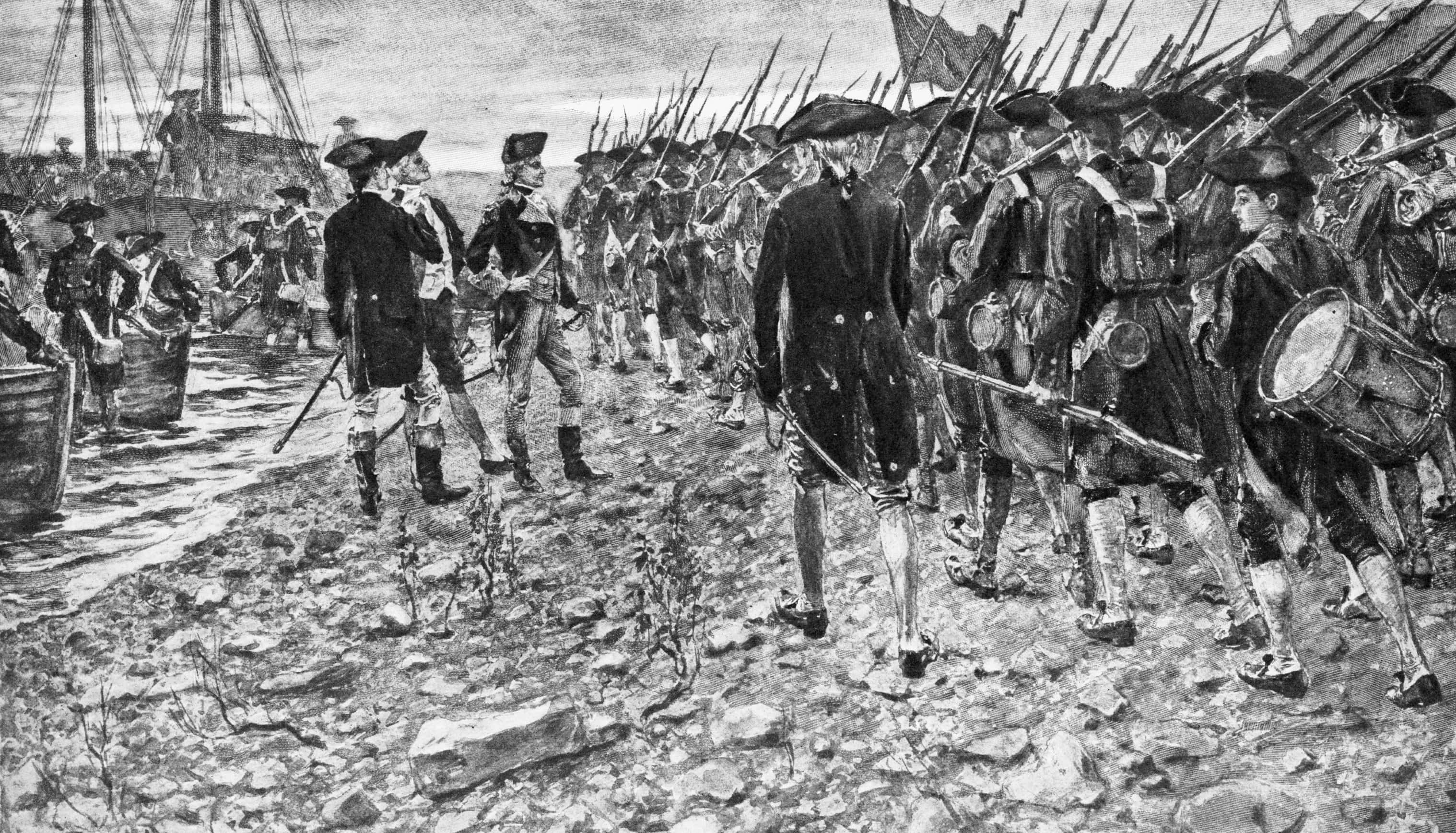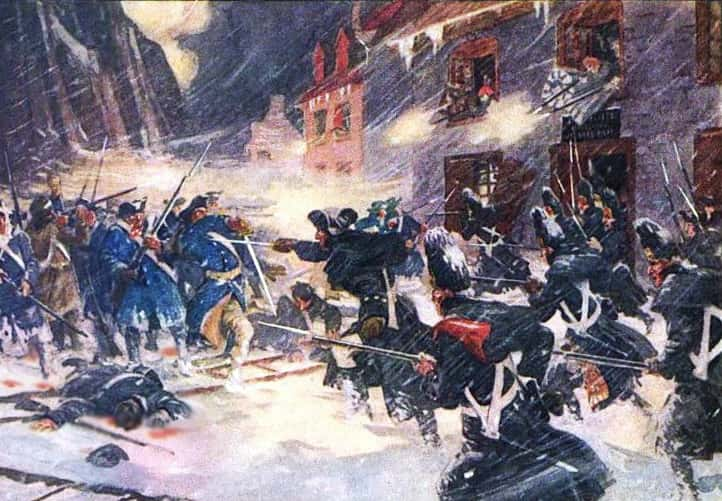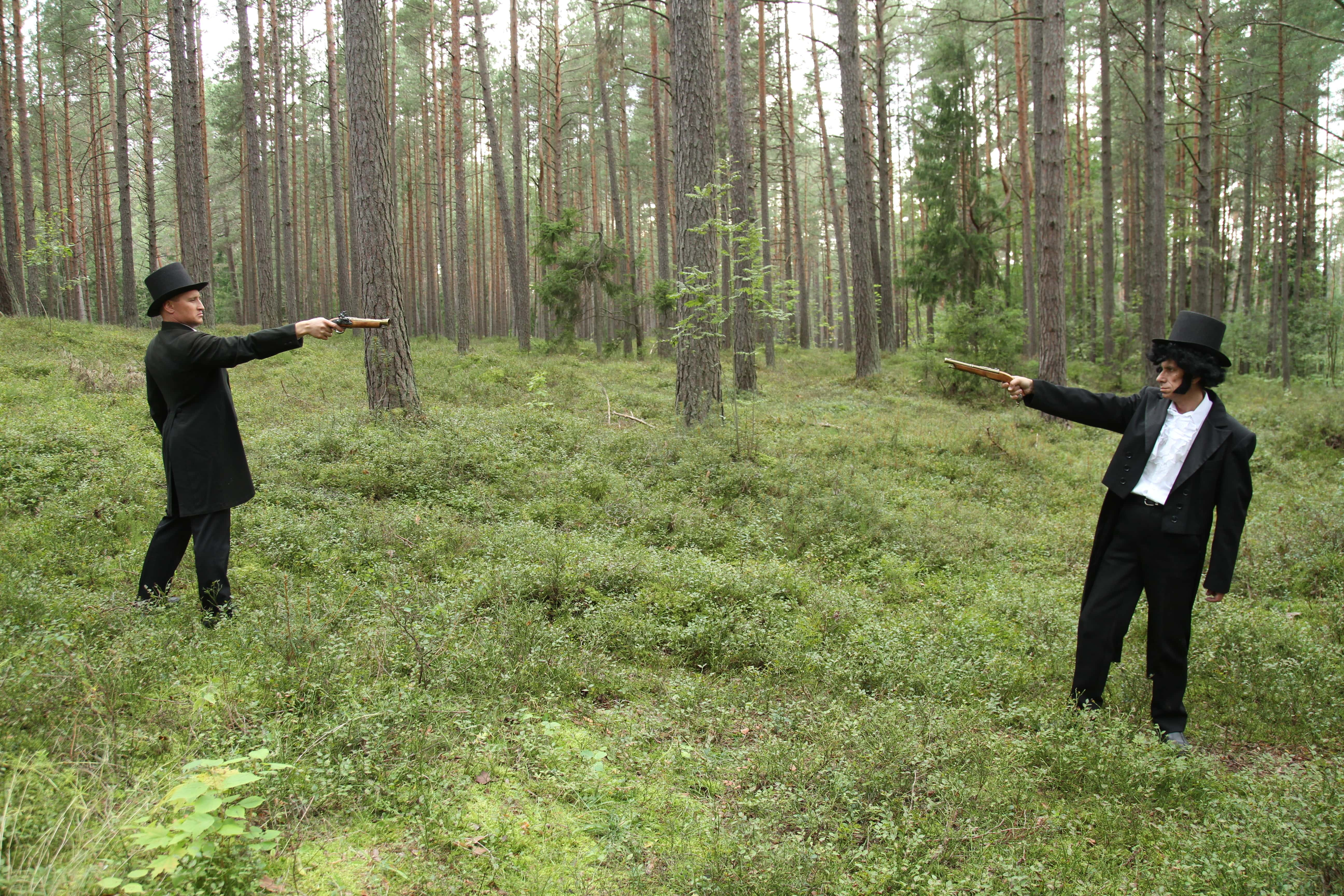Despite his name becoming synonymous with “traitor” for centuries of American history, Benedict Arnold’s role in the American Revolutionary War began with great promise. He was a well-known leader of soldiers and a successful businessman before the war. So what prompted Arnold, the celebrated patriot leader, to abandon his side and join the British? What sort of man was he really? Join us to better understand the traitor you thought you knew.
43. Welcome to the World
Arnold was born on the 14th of January 1741 in Norwich, a settlement in the colony of Connecticut. He was the second eldest out of six siblings.
42. Copyright Name
Arnold was the son of Hannah Waterman King and...Benedict Arnold. Interestingly, Arnold hadn’t been named after his father, but his great-grandfather, who was a governor of Rhode Island back when it was still a colony. Arnold’s father, grandfather, and elder brother who died in infancy were all named after this governor as well. Did the British tax new names too?!
41. How Does That Silver Spoon Taste?
Arnold was born into a privileged childhood. His father was a high-ranking member of Norwich society thanks to his profitable mercantile business. As a child, Arnold went to a prestigious private school with the understanding that he would one day go to Yale.
40. Great-grandson of a Preacherman
Through his mother, Arnold was a descendant of John Lothropp. Lothropp had been an Anglican clergyman who believed in the principle of separating church and state as part of the freedom of religion. At the time, this led to Lothropp being accused of being a heretic. Lothropp would emigrate to New England, where his views were embraced more enthusiastically. Arnold was also in good company; six US Presidents can claim Lothropp as an ancestor.
39. My Last Days
Arnold died on the 14th of June 1801 at the age of sixty years old. A story has emerged that when Arnold was on his deathbed, he declared "Let me die in this old uniform in which I fought my battles. May God forgive me for ever having put on another.” As poignant as that might have been, there is no evidence that Arnold actually said that.
38. Like Father Like Sons
Arnold had three children with his first wife Margaret (Benedict, Richard, and Henry), and five more children with his second wife Peggy (Edward, James, George, Sophia, and William). All his sons would join the British Army, while his daughter would marry a British Colonel named Pownall Phipps.
37. The Parody
Such is the scope of Arnold’s villainous reputation in the US that even in the 1990s, he remained a shorthand for a treacherous person. In the fourth “Treehouse of Horror” episode of The Simpsons, Arnold appears as one of the Jury of the Damned, whom the Devil summons to judge Homer Simpson. Apart from the pirate Blackbeard, Arnold is the oldest figure in the jury, which was otherwise filled Lizzie Borden, John Dillinger, John Wilkes Booth, The Starting Line of the 1976 Philadelphia Flyers, and Richard Nixon (who wasn't dead yet, but owed the devil a favor).
 The Simpsons, 20th Century Fox Television
The Simpsons, 20th Century Fox Television
36. The Inspiration
Interestingly, Arnold and Blackbeard were both mentioned in the book which the aforementioned Simpsons episode was based on. Steven Vincent Benet’s 1936 novel The Devil and Daniel Webster is the story of a man who sells his soul to the Devil and calls a trial in a last-ditch effort to save himself. Just like in the Simpsons episode, Blackbeard is a member of the jury, but ironically, Arnold is specifically listed as being away “on other business,” and thus couldn't take part in the trial.
35. Alternative Career Choice
After Arnold was forced to drop out of private school for lack of money, he entered into an apprenticeship with Daniel and Joshua Lathrop, two of his mother’s cousins. He would be an apprentice in the mercantile trade for seven years.

History's most fascinating stories and darkest secrets, delivered to your inbox daily.
34. I Can Explain!
After his treachery was revealed, Arnold attempted to justify actions to the general population. A newspaper essay by him titled “To the Inhabitants of America” was published in October 1780. As you can imagine, this did little to clear his name. Benjamin Franklin famously wrote “Judas sold only one man, Arnold three millions.” Arnold’s former compatriots were, in fact, so angered by his betrayal that a group of them stormed the graveyard where Arnold’s family was buried and smashed all the gravestones except for his mother’s.
33. After Breaking Bad but Before Better Call Saul
Arnold is featured as a main antagonist in the AMC historical drama series Turn: Washington’s Spies. Premiering in 2014, the series was based on the book Spies: The Story of America’s First Spy Ring by Alexander Rose. It followed the Culper Ring, a spy organization formed during the American Revolutionary War (one of their achievements was capturing John Andre and revealing Arnold’s treachery). Arnold was portrayed in the series by Welsh actor Owain Yeoman. The series ran four seasons to positive reviews despite its many historical inaccuracies.
32. I’ll Just Have Some Pancakes
While you might have guessed that the traditional American breakfast known as Eggs Benedict was named after Arnold, you would be mistaken. Although it remains inconclusive where the name originated, being named after Arnold is not one of the leading theories.
31. Can You Sign My Permission Slip?
In 1755, when Arnold was only 14 years old, he tried to enlist in the provincial militia. At the time, the Seven Years War (also known as the French & Indian War) was taking the world by storm. However, Arnold’s mother forbade her young son from joining the fight.
30. Macht as Arnold
Arnold was featured as a character in George Washington, a 1984 three-part miniseries produced by CBS. Based on the biography of Washington by James Thomas Flexner, the mini-series depicts forty years of the man’s life (though given that it was a mini-series, we can assume it skipped a bunch of stuff). Arnold was portrayed by actor Stephen Macht, who some of you might know as the father of Gabriel “Harvey Spectre” Macht.
29. An Early Honorable Discharge
Two years after his first attempt to enlist, a sixteen-year-old Arnold joined the Connecticut militia. However, the company was informed mid-march that the siege of Fort William Henry had been a disastrous defeat for Britain and the Thirteen Colonies. As a result, the militia disbanded. Arnold had only served for less than two weeks!
28. He Cheated at Card Games Too!
Contrary to popular belief, there is no concrete evidence that Arnold deserted from military service in 1758. This is likely an example of revisionist history which hoped to vilify Arnold’s reputation after he switched sides.
27. Making it Big
By 1762, Arnold had worked his way up to re-establishing himself and his family in New Haven, Connecticut. He became a pharmacist and bookseller, building up his business with loans from his mother’s family. By 1763, he’d made so much money that he could already pay back the loans. That same year, Arnold bought back his old family homestead and flipped it for a profit. He was living the American Dream before America existed!
26. Global Enterprise
In 1764, Arnold expanded his enterprise even further by teaming up with businessman Adam Babcock. Using the money which Arnold had earned from re-selling his homestead, the two men set up a small fleet of ships which entered the international trading industry. Arnold would personally sail around the world during this time.
25. Who’s That Historical Figure?!
From 2002 to 2003, PBS Kids aired an animated historical fiction series called Liberty’s Kids. The series followed four fictional (and ageless) characters following Benjamin Franklin through the history of how the United States was formed. Historical figures were portrayed onscreen for educational purposes, and PBS managed to get huge celebrities to provide their voices. In the case of Benedict Arnold, he was voiced by Dustin Hoffman. The series continued to air on PBS until as late as 2006.
24. We’re Not Gonna Take It!
When the British government began imposing taxes on the colonies in the 1760s, Arnold joined a group known as the Sons of Liberty. This group of men decried the taxations and actively opposed them. When the controversial Stamp Act was imposed, Arnold refused to comply with it. This made him, in the eyes of British law, a smuggler. Ignoring the new taxes also didn’t stop him from falling into massive debt with the economic downturn in those years.
23. Back to War
At the start of the American Revolutionary War, Arnold was elected to the position of captain in the Connecticut militia. He first saw action at the siege of Boston, which took place after the Battles of Lexington and Concord.
22. Sibling Team-Up
Arnold’s sister, named Hannah after her mother, was an important figure in her brother’s Connecticut business before the war. She was actually the one in charge when Arnold was sailing abroad. She would later dominate Arnold’s household with an authority that was second only to his. Hannah outlived her brother by two years, dying in 1803.
21. Small Act, Big Consequences
In May 1775, Arnold (a Colonel by then) led a force of Connecticut militia alongside Ethan Allen and the Green Mountain Boys to successfully capture Fort Ticonderoga from the British. The numbers involved were hardly significant to the war, yet there were serious ramifications with the fort’s capture. It caused communication amongst the British forces in North America to be fractured. Arnold himself intercepted messages from the northern British colonies which detailed just how poorly defended the former French-Canadian regions were, which gave him an idea.
20. Invade Canada!
While it’s now known as the Canadian province of Quebec, Canada did not exist during the American Revolutionary War. This area had been newly seized by the British in the aftermath of the Seven Years War. The loyalty of the French Catholic population was highly suspect, and in 1775, Arnold suggested to the Second Continental Congress that an invasion should be taken north to seize that land from the British. However, despite it being Arnold’s idea, he was passed over for top command. Two invasion forces would ultimately go north, with Richard Montgomery being in overall command and leading the main force while Arnold commanded the other.
19. You’ll Go Far, Young Man
When he marched north to the fortress of Quebec, Arnold commanded a force of more than 1,100 volunteers. One of these men was none other than Aaron Burr, who would serve as the third Vice President of the United States of America. Of course, thanks to Hamilton, he’s also known as the man who shot Alexander Hamilton dead in a duel.
18. That was a Big Budget???
Arnold is an antagonist in the 1955 swashbuckler drama The Scarlet Coat. Directed by John Sturges, the film follows the period of time when Arnold was in command of West Point and begins betraying his comrades-in-arms. Arnold is portrayed in the film by English actor Robert Douglas. Unfortunately, the film was a box office flop, earning only $1.2 million on a $1.6 million budget (inflation is fun, isn’t it?).
17. Who’s to Commend?
Arnold quickly developed a reputation for being the “most aggressive field commander” serving with George Washington. It was for this reason that Washington sent Arnold to take part in the Battle of Saratoga. Arnold proved crucial to that battle’s victory, though he quarreled bitterly with Horatio Gates, who was in nominal command. Both men would compete to claim the most credit for the victory at Saratoga, though the opinion of the soldiers who fought the battle was “universally” of the mind that Arnold had been responsible for undermining the British advances and turning them back.
16. It was Me!
Saratoga wasn’t the only time that Arnold got involved in a heated dispute over who should be credited for victory. The capture of Fort Ticonderoga prompted a bitter war of words between Arnold and Ethan Allen. Both men wrote accounts of the victory which belittled or omitted the other and sent their accounts back to the Massachusetts committee, care of James Easton. However, Easton is said to have deliberately lost Arnold’s version and taken Allen’s back instead.
15. Don’t Pick a Fight With Me!
Speaking of James Easton, he and Arnold were at serious odds, and it’s been speculated by historians that Easton was hoping to surpass Arnold in terms of battle command. On one occasion, according to Arnold, Easton publicly insulted him, whereupon Arnold challenged the man to a duel. Easton allegedly refused to duel with Arnold, despite being armed with sword and pistols. Of course, maybe Easton heard about the last time that Arnold got himself into a duel (more on that later).
14. The Beginning of the End
In 1778, Arnold was appointed by George Washington to be the military commander of Philadelphia. This, according to historian John Shy, would be “one of the worst decisions” of Washington’s career. Philadelphia was a divisive and wealthy city, and this would contrast with Arnold’s “lack of political sense” and “tendency to become embroiled in disputes.” Not only that, living in Philadelphia led Arnold to meeting Peggy Shippen, the woman who became his second wife in 1779 (his first wife having died a few years before). Shippen happened to be the daughter of a judge who was a loyalist. This would prove a key factor in what caused Arnold to turn traitor.
13. The Perfect Storm for Betrayal
The exact reason for Arnold’s betrayal of the patriot cause has never been fully confirmed, leading to endless speculation amongst historians. The most prominent ideas are that Arnold had made too many enemies due to his difficult personality. Others suggest that it’s because he was continually passed over for promotions and felt he didn't receive proper recognition for his accomplishments during the war. Many also point to his second wife, Peggy Shippen. Not only was she from a notably loyalist family, but her previous suitor had been John Andre, who became the head the British espionage system in the Thirteen Colonies.
12. #SpyLife
Arnold embarked on communications with the British by 1779. He fed information to the British while he was in Philadelphia. However, he resigned his military commission after he was court-martialed for his extravagant lifestyle and questionable business ventures. Instead, by 1780, Arnold gained command of West Point, and he began offering to surrender it to the British. Ironically, Arnold’s spy career was held up by heated negotiations between him and the British regarding how much he would be paid for his spying.
11. The Jig is Up
Before Arnold could finalize the plan to hand West Point over to the British, John Andre was captured on the 23rd of September 1780 in Tarrytown, New York. Papers were found on Andre which labeled Arnold a spy. Arnold found out about his impending arrest soon after and fled to the safety of British-occupied territory. Andre, meanwhile was hanged on the 2nd of October that same year.
10. Too Little Too Late
Arnold was given command of men with the rank of brigadier general in the British Army, but his ability to peeve people off didn’t end when he switched sides. It was also telling that he was now fighting alongside men whose comrades had been at Saratoga. Many of Arnold’s aggressive military strategies were ignored and vetoed by his superiors, and before long, the American Revolutionary War came to an end.
9. After the War
Arnold spent the rest of his life jumping from one failure to another. His status as a turncoat didn’t gain him popularity in Britain, and he spent a portion of his time in the British colony of New Brunswick (later a Canadian province). However, his business ventures there failed so spectacularly that his neighbors burned an effigy of him outside his house! By 1791, Arnold and his family were back in Britain, where he attempted to reverse his failing fortunes by setting up a privateering ship for the West Indies. This too, failed so badly that Arnold was nearly caught by the French and hanged as a spy before he managed to escape and return to Britain.
8. High Casualties
Of Arnold’s five siblings, only one of them survived to adulthood: his younger sister, Hannah. The other four would all lose their lives to yellow fever.
7. Turn for the Worst
The premature deaths of Arnold’s siblings were a likely explanation for Arnold’s father becoming an alcoholic. The family fortunes vanished, and so too did the prospect of Arnold's promising education.
6. First One…
When Arnold was just eighteen years old, his mother died, and it affected him especially hard. Not only had he been very close with her, but this tragedy also drove Arnold’s father deeper into alcoholism and forced Arnold to become the head of his depleted family.
5. …Then the Other
Arnold’s father never recovered from the deaths of his children and wife (though to be fair, how many of you would?). He was arrested on several occasions for public drunkenness before he too died in 1761, just two years after Arnold’s mother.
4. Can Someone Invent Painkillers?
The fact that Arnold was injured in his left leg during the siege of Quebec and the Battle of Saratoga meant that he had to undergo risky surgery. Narrowly avoiding an amputation, Arnold had his leg set in a position which left it two inches shorter than his right leg. It would continue to plague him with pain for the rest of his life.
3. We’re Going on an Adventure!
Arnold’s expedition to Quebec in 1775 proved far more difficult than anyone expected, with many geographical obstacles demoralizing his troops, causing hundreds of them to turn back. By the time he arrived at Quebec, Arnold’s forces numbered 600 out of the original 1,100. He was also without cannons, facing a fortified city garrisoned by hundreds of British regulars and local militia.
2. Not Our Finest Hour
When he was joined by Richard Montgomery and the rest of the American expeditionary force, Arnold embarked on an attack against the city of Quebec. It was a complete disaster. Hundreds were killed or taken prisoner, Montgomery was killed, and Arnold, reported to have shown extraordinary courage, was badly wounded in his leg. Arnold and the survivors of the expedition retreated back to Fort Ticonderoga with nothing to show for their troubles. The one silver lining for Arnold was that he was promoted to brigadier general for his part in leading the expedition.
1. And Don’t Let Me Catch You Using That Word Again!
One anecdote from Arnold’s days as a Connecticut businessman involved a duel he fought while traveling abroad. He was in Honduras when he was insulted by a British sea captain, who dared to call Arnold a “Yankee.” Admittedly, he also said some other derogatory things to Arnold, but it does seem like “Yankee” was apparently a word that only Americans could use back then, because Arnold challenged the man to a duel. Arnold wounded the captain with his first shot and threatened to shoot to kill with the second shot. The captain retracted his insults and apologized rather than call Arnold’s bluff.




